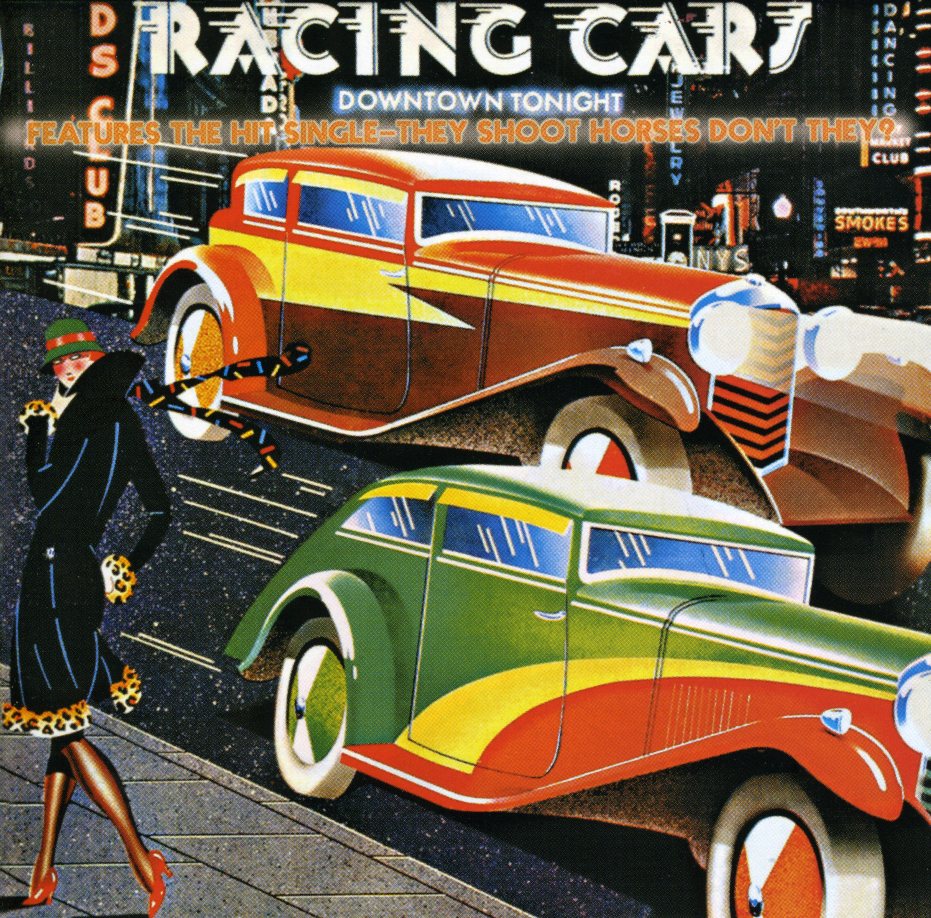
Lunch Poems, first published in 1964 by City Lights Books as number nineteen in the Pocket Poets series, is widely considered to be Frank O'Hara's freshest and most accomplished collection of poetry. Edited by the poet in collaboration with Lawrence Ferlinghetti and Donald Allen, who had published O'Hara's poems in his monumental The New American Poetry in 1960, it contains some of the poet's best known works including "The Day Lady Died," "Ave Maria," and "Poem" [Lana Turner has collapsed!]. These are the compelling and formally inventive poems--casually composed, for example, in his office at The Museum of Modern Art, in the street at lunchtime or on the Staten Island Ferry en route to a poetry reading--that made O'Hara a dynamic leader of the "New York School" of poets.
This new limited 50th anniversary edition contains a preface by John Ashbery and an editor's note by City Lights publisher Lawrence Ferlinghetti, along with facsimile reproductions of a selection of previously unpublished correspondence between Ferlinghetti and O'Hara that shed new light on the preparation of Lunch.
"I hope that everyone will delight in the new edition of Frank's LUNCH POEMS. The correspondence between Lawrence and Frank is great. Frank was just 33 when he wrote to Lawrence in 1959 and 38 when LUNCH POEMS was published! The fact that City Lights kept Frank's LUNCH POEMS in print all these years has been extraordinary, wonderful and a constant comfort. Hurray for independent publishers and independent bookstores. Many thanks always to Lawrence Ferlinghetti and everyone at City Lights." --Maureen O'Hara, sister of Frank O'Hara
"O'Hara speaks directly across the decades to our hopes and fears and especially our delights; his lines are as intimate as a telephone call. Few books of his era show less age."--Dwight Garner, New York Times
"As collections go, none brings . . . quality to the fore more than the thirty-seven Lunch Poems, published in 1964 by City Lights."--Nicole Rudick, The Paris Review
"What O'Hara is getting at is a sense of the evanescence, and the power, of great art, that inextricable contradiction -- that what makes it moving and transcendent is precisely our knowledge that it will pass away. This is the ethos at the center of Lunch Poems: not the informal or the conversational for their own sake but rather in the service of something more intentional, more connective, more engaged." --David L. Ulin, Los Angeles TImes
"The collection broadcasts snark, exuberance, lonely earnestness, and minute-by-minute autobiography to a wide, vague audience--much like today's Twitter and Facebook feeds."--Micah Mattix, The Atlantic







